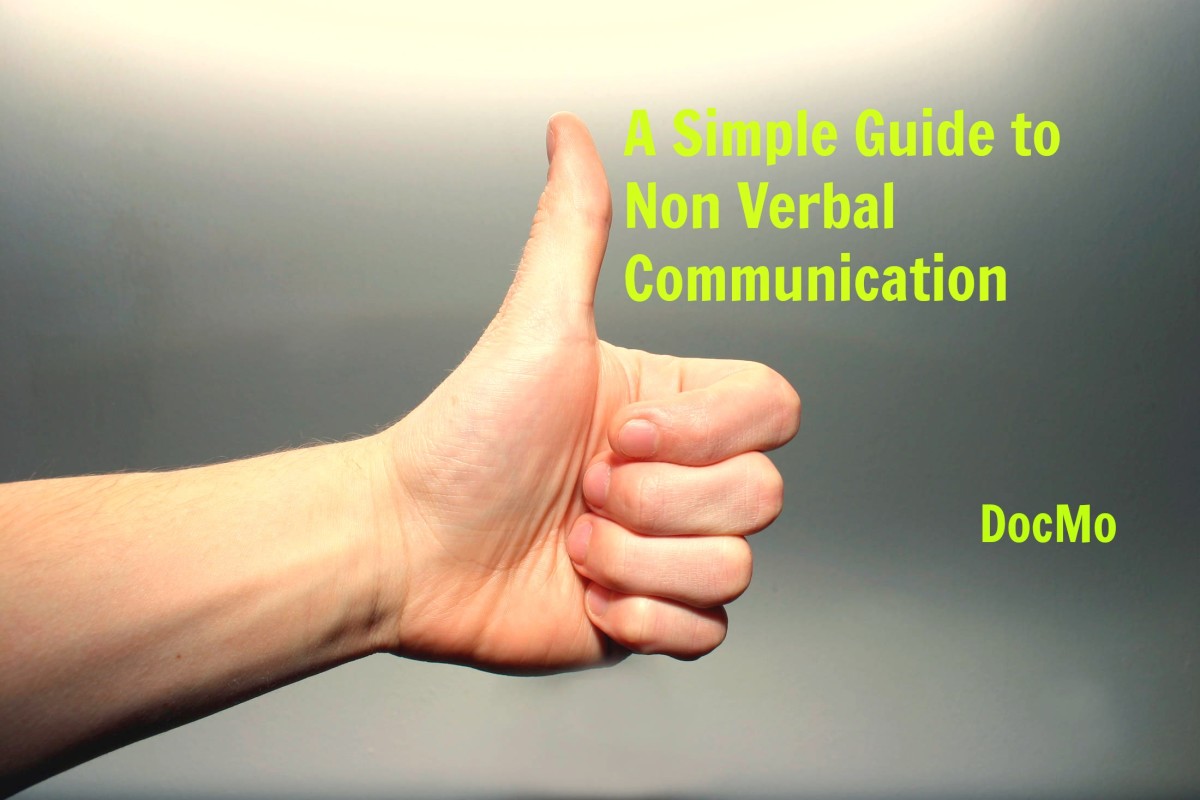The Myth of the Spoiled and Overindulgent American
One of the trends that has surfaced over the past decade or so is that of degrading, criticizing and poking fun at Americans for supposedly being spoiled and overindulgent. Americans are seen as crying over petty "First World Problems" and indulging regularly in triple cheeseburgers and milkshakes. Along with all this, people make fun of those who only have enough money to shop at WalMart and who require a scooter to get around the store; at the same time, people denigrate the staff at WalMart who are underpaid and stuck, characterizing them as inadequate and unintelligent.
Quite the compassionate lot, we are.
My problem with all of these characterizations is that they are false, basically, and incredibly superficial. Instead of making fun of people who shop at WalMart, why not ask why so many people can only afford to shop at WalMart? And ask why more and more people are becoming disabled and requiring assistance just to get around the store? Also, you might want to ask why a job at WalMart is the best many people can get.
But all of the bizarre and cavalier stereotyping of the poor and low-wage workers is kind of the opposite extreme of this notion that Americans are spoiled and over-indulgent, though it has the same kind of grotesque misconception, so they are related. They both ignore deeper issues and sweep the problem aside by trivializing and devaluing the people involved.
It is this myth that Americans are spoiled and overindulgent that I will tackle here.
Fundamentally, the characterization of Americans being spoiled and overindulgent is false and incredibly shallow. Here we will discuss why that is.

Are Americans Spoiled?
What people often mean by spoiled can be equated with "lazy". The assumption is somebody wants everything and also doesn't want to work for it. The image comes from our economic and religious background that dictates you should work your tail off and be happy with scraps.
Fact is, Americans are not lazy at all. Americans are well-indoctrinated with the "work ethic" and we generally believe if we are not struggling and beaten down by work, that we're getting lazy.
Here are the actual facts about Americans and work: Americans are working more hours and have less time for their families.
Not only are we working more than anyone in the industrialized world and have less time for our own lives outside of work, but we hate our jobs and are paid less than we used to get paid. (Gallup polls over the last several years have consistently shown that 70% of Americans hate their jobs).
That sounds like torture to me. And this leads us to the second myth about Americans: That we're overindulgent.

Are Americans Overindulgent?
The short answer to this is Yes. But that doesn't say much about why we are overindulgent. Some will want to use the "we're spoiled" argument for why we are overindulgent: But I think the opposite is the case.
I don't know about you, but if I'm stuck doing something I don't want to do for most of the day, and week, and get little time for myself and my life, when I get time to myself I'm going to want it to count. I'm going to be doing some serious compensating at that point.
And I think that's what most Americans do. It's no mistake that most people hate Mondays, love Fridays and can't wait for the next vacation.
It's not a huge leap to conclude that if we are spending most of the day doing what we don't want to do, away from our real lives and being overworked, then we are going to be unhappy. I think that's fairly obvious that all of this being forced to fall in line, go to work and be essentially estranged from your actual life will make you unhappy. And it's no secret that people deal with unhappiness by overindulging in some form.
You are not living your life at work. You are doing things according to someone else, according to the ideas of boss and policy and kept in line; the atmosphere is often hostile and competitive. Why in the world would we enjoy that? Don't get it, folks.
At the very least, we want to be rewarded for our efforts. A lot has been taken away from us and we'd like to get it back. Since we are already limited on time and energy, we seek quick sensation and gratification.

Do you think Americans are overworked and underpaid?
What Does it All Mean?
I find it interesting that from the time we are children, we are not taught to explore what we really want to do, what we really love to do. We are told what to do, we are beaten into submission, but little or no time is spent exploring what it is we want to do. By the time we're adults, in terms of a livelihood, we take what we can get or take what it is we've been forced to train for whether we like it or not.
And, is it any wonder we're in the condition we're in? If we are at work and are very aware of this condition, that it's a conflict between what we actually need and what we're forced to do, that it's a drain on our life and energy, energy used up for making profits for the company but leaving us with an inward deficit, then we are liable to just quit on the spot. If we are half-conscious of all this, we will struggle and be inwardly conflicted, knowing something is wrong and continually try to find a way to compensate for our losses of energy and time that has been sacrificed to our employers.
We keep telling ourselves that we just need to try harder, work harder; I think we are already doing that. We have spent thousands of years developing technology to make our lives easier, and for good reason. We live better lives, we'll have a better world overall. We will have time and less stress and be more creative and actually develop ourselves inside and out. But we have not done that with our technology. Instead we are more beaten down, have less time and our minds are distorted from it. We certainly are not creative; you cannot fall in line and be degraded and be creative too; you don't have the time or inclination or energy under such conditions. We obviously, generally, are not doing what we love to do. Maybe on the side, when we have time off, but that's just another way to create conflict in your lives.
You have to wonder why we continue to work more and have less time for ourselves. Back in 1930, John Keynes predicted the opposite would be the case. He thought technology would have made it possible for us to work less and actually, therefore, live creative and happy lives. It didn't happen. In fact, we work more on jobs in which we find no meaning.
Everyone I know works or wants to work, but not everyone wants to be a slave of various sorts and would much rather like to do what is creative and meaningful. One wonders what would happen to this world if we were allowed to do just that.



